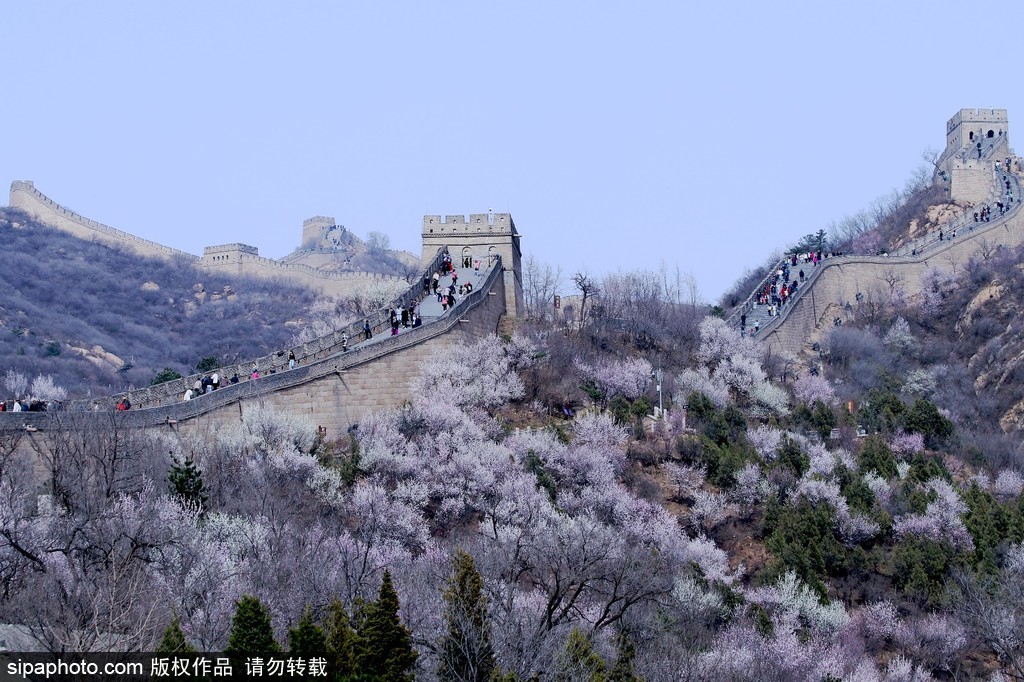Beijing stepped into the ultrafast 5G network age on August 13 when China Unicom launched its first batch of 5G sites to embrace faster wireless networks.
The telecom giant's Beijing subsidiary broadcast live scenes from Daoxianghu park in Haidian District and Financial Street in Xicheng District on a big screen in its office for the first time through the use of the experimental 5G network.
China Unicom said it will build 40 5G stations by September, 300 by the end of the year and 260,000 by July, which is about the number of the current 4G stations and enough to offer 5G network services in all of Beijing’s districts as well as at key tourist attractions.
It aims to build an "open, sharing, prosperous, and win-win" 5G ecological system in Beijing, one of 16 pilot cities for China Unicom.
In expanding the 5G network, priority will be given to several key areas and projects, including Beijing's subsidiary administrative center currently under construction in Tongzhou District, Beijing's new airport in southern Daxing District set to open by next September, the city’s major thoroughfare Chang'an Avenue, Financial Street, the International Horticultural Exhibition 2019 and the 2022 Winter Olympic Games.
Mobile phone manufacturers are racing against the clock to introduce new products compatible with the 5G network. Lenovo-owned Motorola has announced the Moto Z3, one of the first phones to dial into 5G, while Samsung will release 5G smartphones in March, according to Wang Chuanbao, the vice general manager of China Unicom’s Beijing subsidiary.
Gao Xiang, the director of Huawei's China Unicom Account Department, also said Huawei will release its first 5G smartphone next June.
According to a blueprint by China's Ministry of Industry and Information Technology, the country is expected to realize the large-scale commercialization of 5G technologies by 2020, heralding the widespread arrival of the 5G era in which a series of major innovations are thought to be inevitable.



